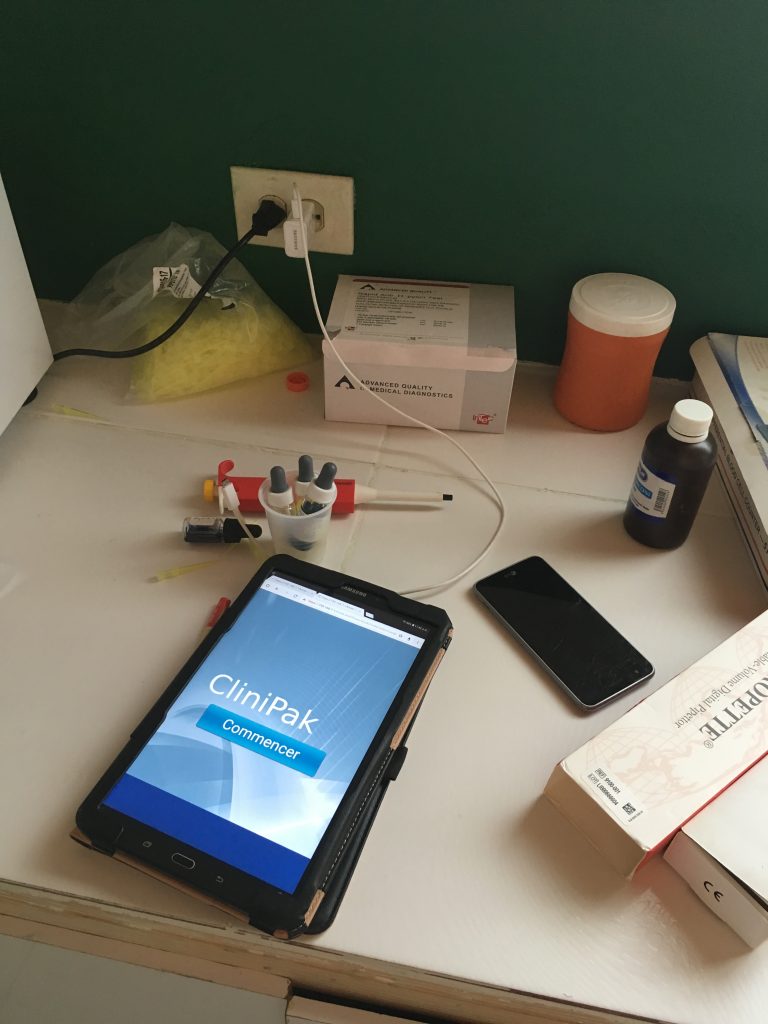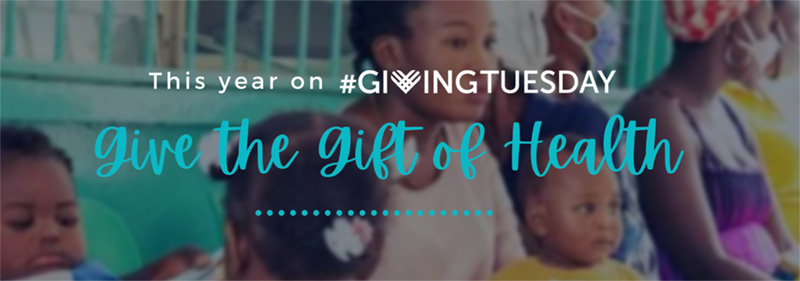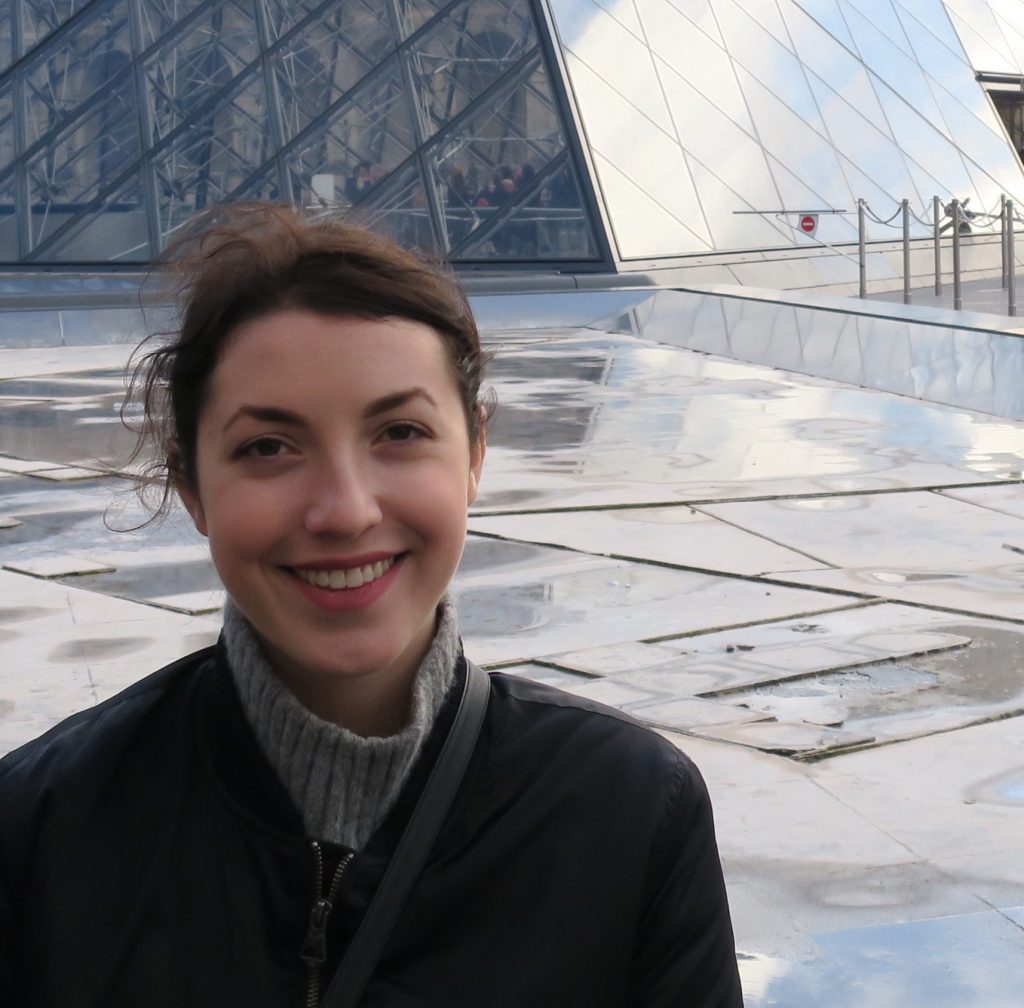
Amanda Fata joined the C2C team in April as our Development Coordinator. Her most recent experience was with Kupenda for the Children, a nonprofit which provides advocacy, education, and medical intervention for children with disabilities in rural Kenya. She is very excited about being a part of C2C and continuing to learn and grow in the field of global health.
“Primary health care is rooted in a commitment to social justice and equity and in the recognition of the fundamental right to the highest attainable standard of health, as echoed in Article 25 of the Universal Declaration on Human Rights: ‘Everyone has the right to a standard of living adequate for the health and wellbeing of himself and of his family, including food, clothing, housing and medical care and necessary social services […]’.”
-World Health Organization, “Primary health care,” 27 February 2019
Growing up, healthcare wasn’t something I ever had to think about. I saw a doctor once a year, a dentist twice a year, a physical therapist when my back hurt, even support for my mental health and a set braces to straighten my teeth. My school had a nurse that took care of me when I broke my ankle attempting to play basketball, and in health class, we had a sexual education unit. I didn’t do anything to earn these things and they didn’t cost my family much if anything. I only had access because I happened to be born in an area with a decent healthcare system in place. There were plenty of providers in my area (even though it was rural), my family had the money for copays and medicines, appointments could be scheduled so I didn’t have to miss school, we had our own car to get to the doctor’s office, and in general it was very easy to find the time and resources to be healthy.
This makes me extremely privileged, a lesson that I was reminded of constantly on my first visit to Haiti this month. Though I have been with C2C for a few months, this was my first time seeing the clinics up close, and I was fortunate enough to speak with several staff members and patients. From these conversations, I quickly realized that C2C’s model for comprehensive primary care really does have the intended impact and potential to transform a healthcare landscape that is saturated with many temporary solutions.
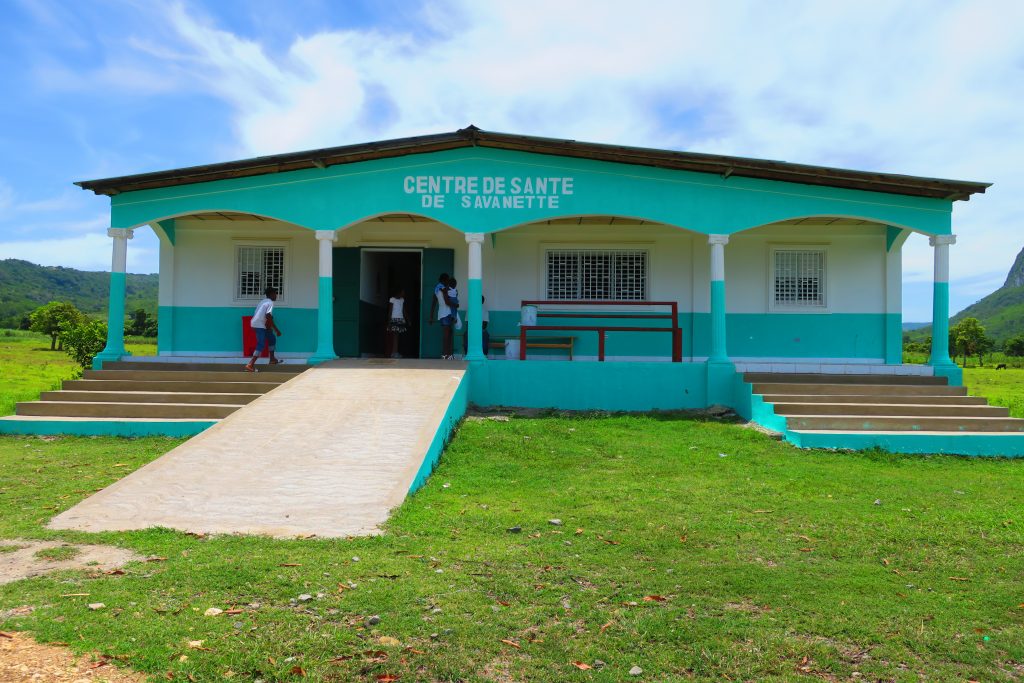
It’s no secret that there are a lot of NGOs in Haiti focused on healthcare, so why is primary care so important? Trust is certainly a factor. Many of C2C’s patients come to our clinics because they have family and friends that have had good experiences with our services. As Dr. Samuel noted in a prior blog, before we even open a clinic, we take the time to build a relationship with the community and inform them about our services. We believe that healthcare delivery with a focus on community forms a strong foundation for effective health systems. Unlike mobile clinics that offer free services or other providers that might only have a contract in Haiti for a few years, C2C’s clinics are here to stay; they function within a broader healthcare landscape. Our clinic staff are members of the communities they serve, so there is a level of trust that exists and which allows patients to feel comfortable seeking out care for their health concerns and thus recommending our clinics to family and friends.
The importance of the relationship between clinic and community is evidenced by the example of chronic disease. A patient might visit a mobile clinic and find out that they have hypertension, diabetes, or another disease which requires treatment for the rest of their life. That clinic may provide free medicine for a few weeks, but once it leaves the community, how does the patient treat the disease in its absence? Indeed, without proper primary care, it is difficult to effectively address patient needs long-term.
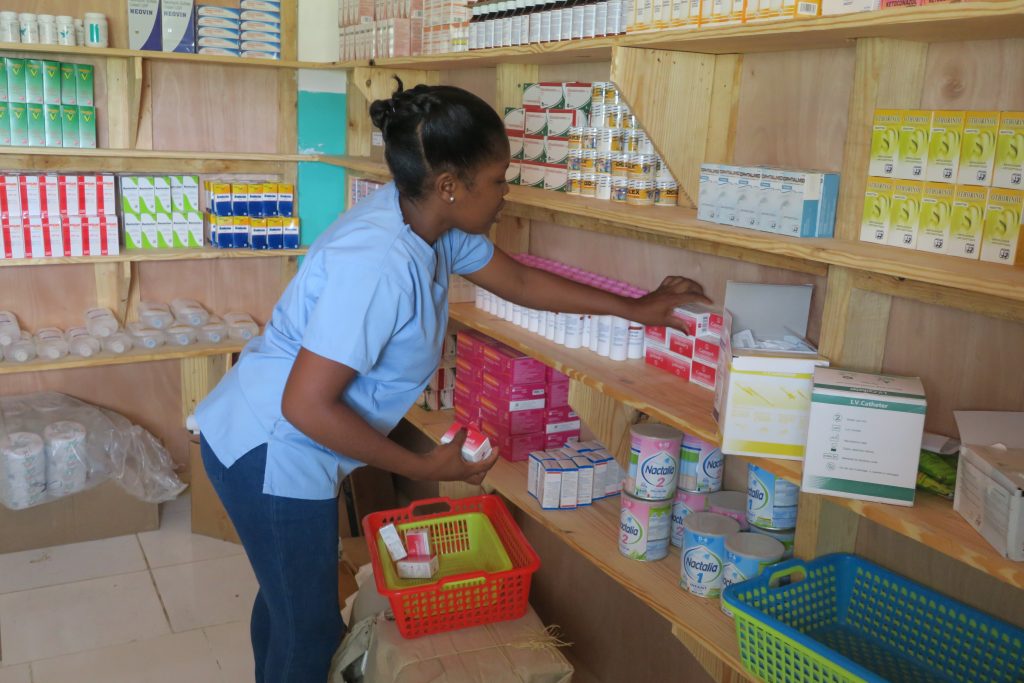
It is so clear to me from just this one trip that there is much more dignity in primary care. It’s not a handout or a temporary fix–our services become a part of our patients’ lives, a reliable center for healthcare where they can feel confident that they will be welcomed, respected, listened to and treated with a friendly smile and genuine care.
I heard from several patients who remarked that our “one-stop-shop” approach has been effective for providing treatment while also being time- and cost-effective. One of our nurses commented that at other clinics and hospitals she has worked, patients would come in for their consultation, but would not follow up to see through the rest of their treatment. At C2C, consultation, lab tests, and prescription distribution occur all in one visit which improves adherence to treatment. She also spoke to the power of our electronic medical records (EMR) system, explaining that at other health facilities, a patient may come in for treatment three days in a row, but there would be a different record for each visit. With our EMR system, she can track the progress of the patient and provide better care.
Our on-site laboratory Tablet used for EMR
As our clinic network grows and expands, I am excited to see how C2C’s model can scale across Haiti and beyond. I have come away from this trip with renewed gratitude for the access I have to healthcare in my own life and the confidence that our organization will continue to improve community access to affordable, reliable, high-quality healthcare in Haiti.

